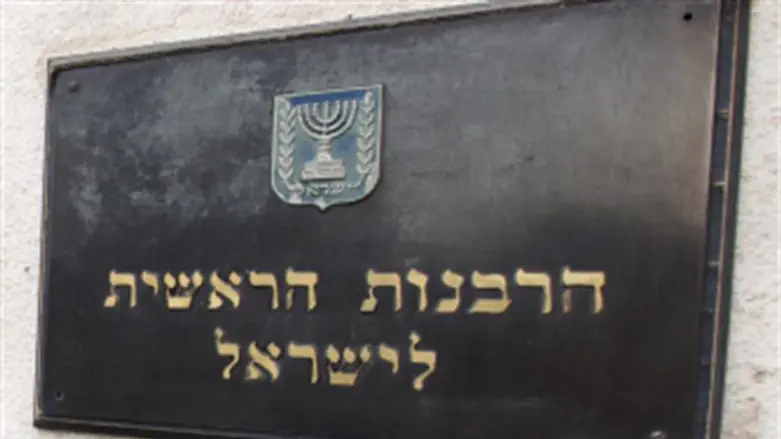
Israel's Chief Rabbinate at a recent meeting spoke about restoring the "Great Torah Scholars'" exemption to allow select rabbis to receive ordination certification from the Chief Rabbinate without passing all of the tests.
The exemption was intended for use in allowing leading rabbis to receive an exemption from the 12 tests required for Israeli certification, as testing with everyone else would be "beneath their dignity" and their knowledge of the material is unquestioned.
Over the years and as a consequence of various suits submitted to Israel's Supreme Court, the exemption was cancelled out of concern it was being misused for nepotism, bribery, and cronyism. Currently, the only way to receive certification from the Chief Rabbinate is to take all of the standard tests.
It was acceptable and even a source of pride for centuries for renowned Torah scholars to test selected Torah scholars orally and then ordain them as rabbis whose knowledge and ability were beyond question. These rabbis would have a letter written by that rabbi and attesting to their ordination. Israel's Chief Rabbinate instituted examinations so as to have objective criteria for ordination, but those in the highest level yeshiva world still prefer ordination from a great rabbi.
Arutz Sheva has discovered that reinstating the exemption is one of the Chief Rabbinate's goals, and that discussions on the subject will be titled "Criteria for Certifying Rabbis as a 'Great Torah Rabbi.'"
Meanwhile, the Chief Rabbinate's legal adviser sharply criticized the move.
"In the Chief Rabbinate's previous discussion on the topic, it was decided that it was inappropriate to set criteria for such a thing," the Chief Rabbinate's legal adviser attorney Harel Goldberg wrote. "It is not clear why the topic was brought up again."
The Chief Rabbinate's main concern is that the Supreme Court will not allow the exemption to be reinstated.